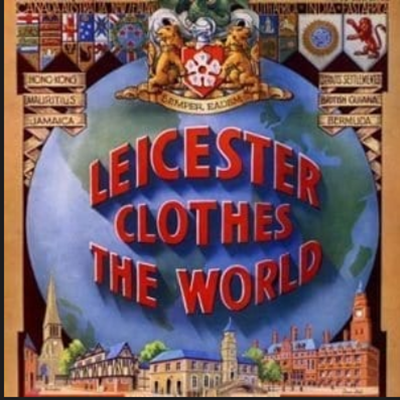LEICESTER City Council is working with partners across the city to tackle issues with factory working highlighted by the current coronavirus crisis.
Following the announcement of the first local lockdown in Leicester last week, Leicester’s textile industry has been in the spotlight, with reports of various breaches of health and safety, employment law and safe working practices at some factories, as well as complaints that some are not ensuring safe social distancing.
Leicester’s deputy city mayor Cllr Adam Clarke said: “We are told that Public Health England has found no evidence to suggest that the rise in coronavirus cases in the city is linked to the textile industry.
“Significant community testing is now under way in Leicester and workplaces and factory settings will be an important part of this in helping us to track and prevent the further transmission of the virus.
“Complaints about textiles factories operating during the lockdown in April were referred to the Health and Safety Executive (HSE) for investigation. Last week we were made aware of other allegations.
“These factories were visited by the HSE and the police last week. Verbal advice was given, but no notices were served and none of the factories were required to close.
“Leicester has around 1,500 textile factories and 10,00 textile workers, the second highest concentration in the UK behind Manchester. Many of these businesses are run perfectly ethically and make a huge contribution to our city economy. We are determined to do all we can to ensure that every factory in Leicester complies with the law and treats its workers with respect.”
Councils have limited powers to it comes to these issues. They have no powers to check on working conditions inside a building, enforce the minimum wage, or monitor the legality of the workforce.
The four main national enforcement bodies are the Gangmasters Labour Abuse Authority, HMRC, the Employment Agency Standards Inspectorate and the HSE.
In Leicester, the council has been instrumental in forming the first partnership of its kind in the UK, by bringing together key agencies and creating a taskforce to tackle non-compliance in the textiles supply chain.
In October 2017, Leicester’s City Mayor Sir Peter Soulsby convened a meeting of more than 60 representatives from national regulators, manufacturers, and retailers to discuss how the problems of non-compliance within the industry can be tackled.
They concluded that effective intelligence sharing between agencies and the transition of this into co-ordinated action at a local level was critical.
Following this event, attendee Sir David Metcalfe, author of the first Labour Market Enforcement Strategy 2018/19, put forward a specific recommendation to establish a Leicester textiles compliance pilot.
Cllr Clarke added: “In 2017, the House of Commons produced a Select Committee report into the garment industry – a report which we supported and to which we contributed. We were especially keen that the report’s recommendations were implemented, but the Government rejected every one.
“Despite this, we have continued with our work in this area and, acting on Sir David Metcalfe’s recommendation, we began to pilot a textiles taskforce with the four main national enforcement bodies in September 2018. This taskforce is now being led by the city council and its work is ongoing.”
Anyone who has any concerns about a business in Leicester not adhering to social distancing measures or exploiting their workers should email c19business@leicester.gov.uk
(ends)
